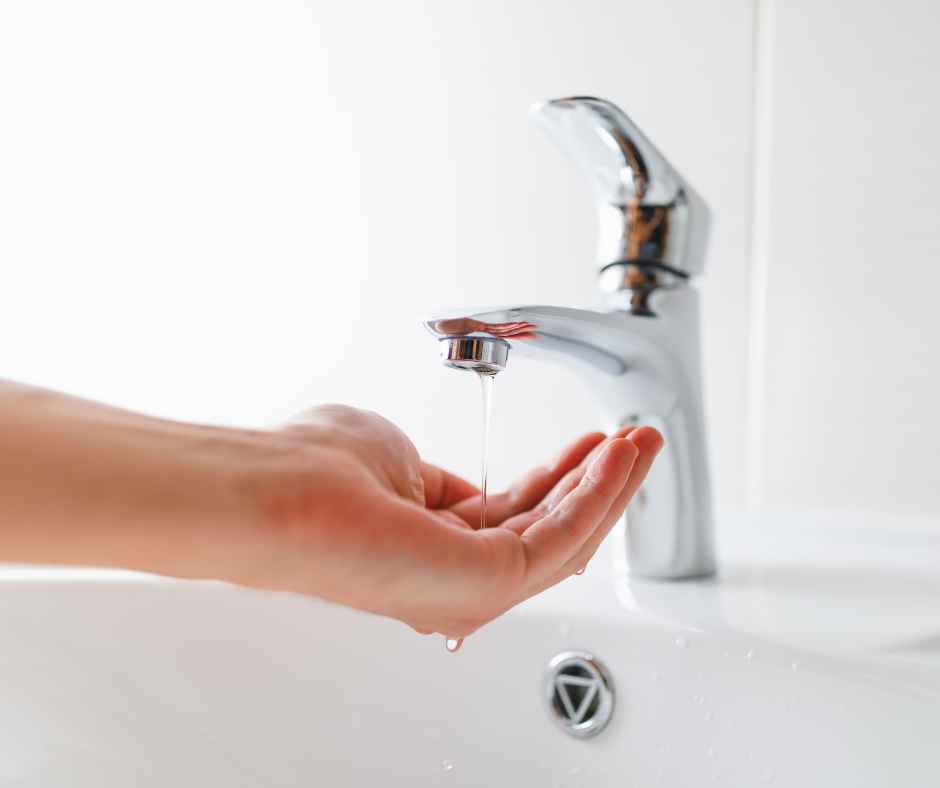the East Side & Beyond!
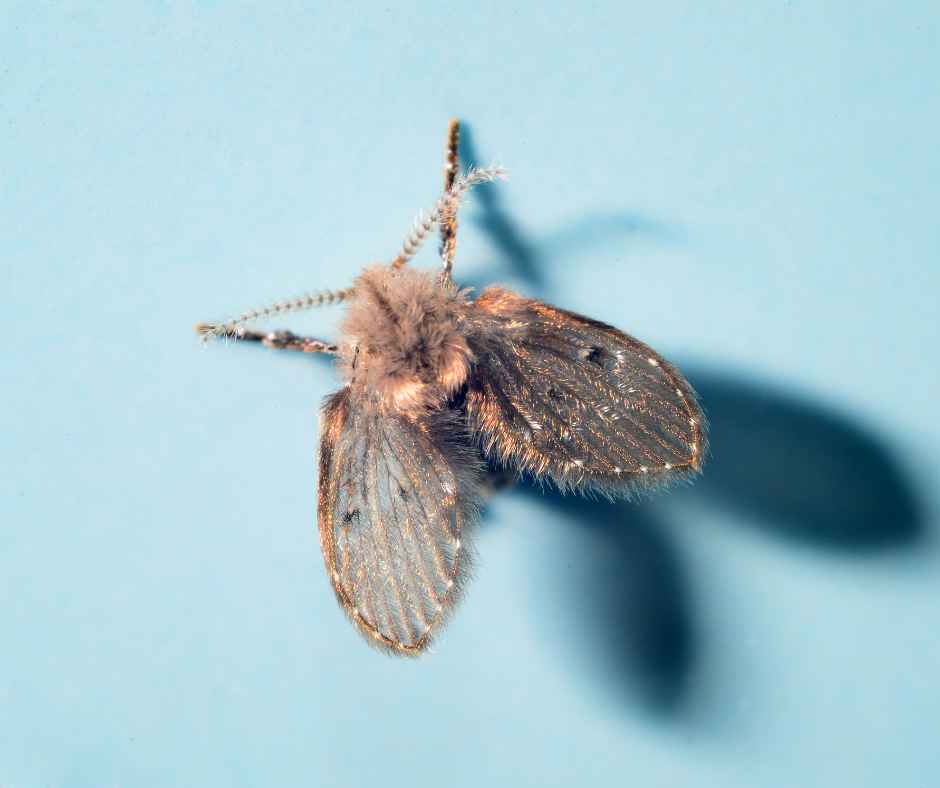
Are Drain Flies Harmful?
August 12, 2024
If you’ve ever seen tiny, moth-like insects hovering around your drains, you may be dealing with drain flies. These small pests are common in homes and businesses, particularly in areas where there is standing water or organic material buildup. But are drain flies harmful? In this blog, we’ll explore the nature of drain flies, their potential risks, and how to get rid of drain flies effectively.
What Are Drain Flies?
Drain flies, also known as moth flies or sewer gnats, are small insects that belong to the Psychodidae family. They are usually about 1/8 inch in length, with fuzzy bodies and wings that resemble those of a moth. Despite their diminutive size, they can be quite a nuisance, especially when they start to multiply.
Drain flies thrive in moist environments where organic matter accumulates. This includes drains, sewage systems, compost piles, and even damp soil. Their larvae feed on the organic material in these locations, making drains and other water sources ideal breeding grounds.
Are Drain Flies Harmful?
The good news is that drain flies are not considered harmful in the traditional sense. They do not bite, sting, or transmit diseases to humans. However, their presence can indicate underlying issues that may pose health risks or lead to property damage.
Sanitation Concerns
While drain flies themselves are not harmful, their presence can signify poor sanitation or moisture problems in your home. This can lead to the growth of other harmful microorganisms, including bacteria and mold.
Allergies and Asthma
For some individuals, the presence of drain flies can trigger allergic reactions or asthma symptoms. This is especially true if there is a significant infestation, as the flies can aggravate respiratory conditions.
Nuisance Factor
Even though they do not pose direct health risks, drain flies can be a significant nuisance. Their rapid reproduction rate means they can quickly multiply, leading to a swarm of flies that can be bothersome and unsightly.
How to Get Rid of Drain Flies
Getting rid of drain flies requires a combination of sanitation and targeted treatments. Here are some effective steps you can take:
Clean the Drains
Since drain flies breed in the organic material found in drains, thorough cleaning is essential. Use a drain brush to scrub the inside of the pipes and remove any buildup. Follow this by pouring a mixture of boiling water, baking soda, and vinegar down the drain to help eliminate any remaining residue.
Fix Leaks and Moisture Issues
Drain flies thrive in moist environments. Fix any leaks in your plumbing system and ensure that your home is adequately ventilated to reduce humidity levels.
Trap the Flies
You can use simple traps to catch and reduce the adult drain fly population. A mixture of sugar, water, and dish soap in a shallow dish can attract and trap the flies. Alternatively, adhesive traps placed near the infested drains can help capture them.
Professional Help
If your efforts to eliminate drain flies are unsuccessful, it may be time to call in the professionals. Pest control experts can identify the source of the infestation and provide targeted treatments to eradicate the problem.
Preventing Future Infestations
Preventing drain fly infestations involves maintaining good sanitation practices and addressing moisture issues. Here are some tips to keep your home drain fly-free:
- Regular Cleaning: Make it a habit to clean your drains regularly. This will help prevent the buildup of organic material that attracts drain flies.
- Proper Ventilation: Ensure your home is well-ventilated to reduce humidity levels. Use exhaust fans in bathrooms and kitchens to remove moisture from the air.
- Fix Plumbing Issues Promptly: Address any plumbing leaks or moisture problems as soon as they arise. This will help eliminate the damp environments that drain flies need to breed.
- Seal Entry Points: Check for and seal any cracks or gaps around windows, doors, and pipes where drain flies might enter your home.
- Monitor Outdoor Areas: Keep an eye on outdoor areas where standing water might accumulate, such as birdbaths, gutters, and planters. Regularly clean and maintain these areas to prevent them from becoming breeding grounds for drain flies.
Call The Plumbing Joint Today!
While drain flies are not directly harmful, their presence can indicate underlying sanitation or moisture issues that need to be addressed. By understanding what attracts drain flies and taking steps to eliminate and prevent infestations, you can keep your home free of these pesky insects.
If you’re dealing with a persistent drain fly problem or need help with drain cleaning, contact The Plumbing Joint in Renton. Our team of experts can provide the professional services you need to keep your plumbing system clean and free of pests. Contact us today to schedule an appointment and ensure your home remains a healthy and comfortable environment.
Recent News
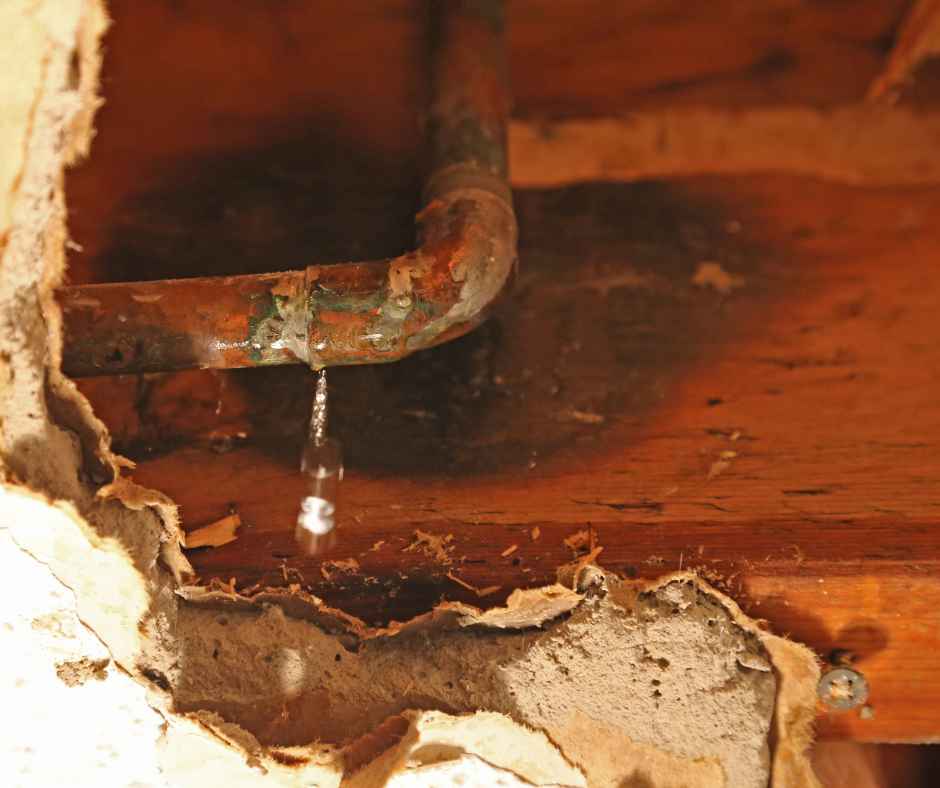
What to Do If You Have a Hidden Leak in Your Seattle Home
December 12, 2025

Emergency Plumbing in Rainy Season: What Seattle Homeowners Need to Know
November 12, 2025
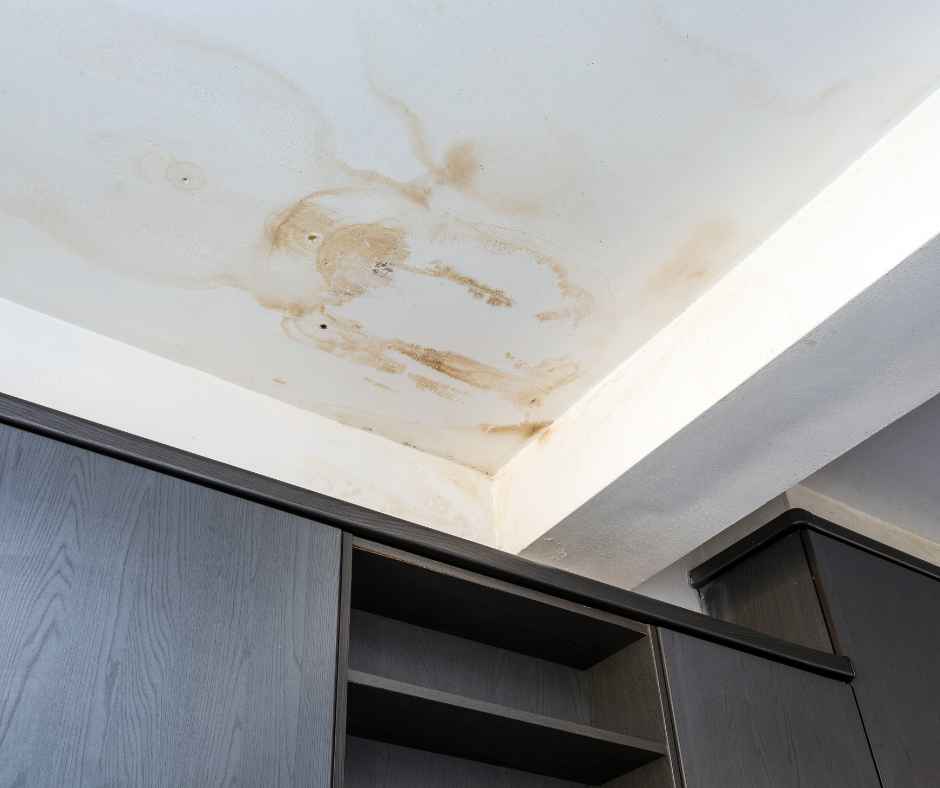
How Older Seattle Homes Hide Plumbing Nightmares
October 22, 2025
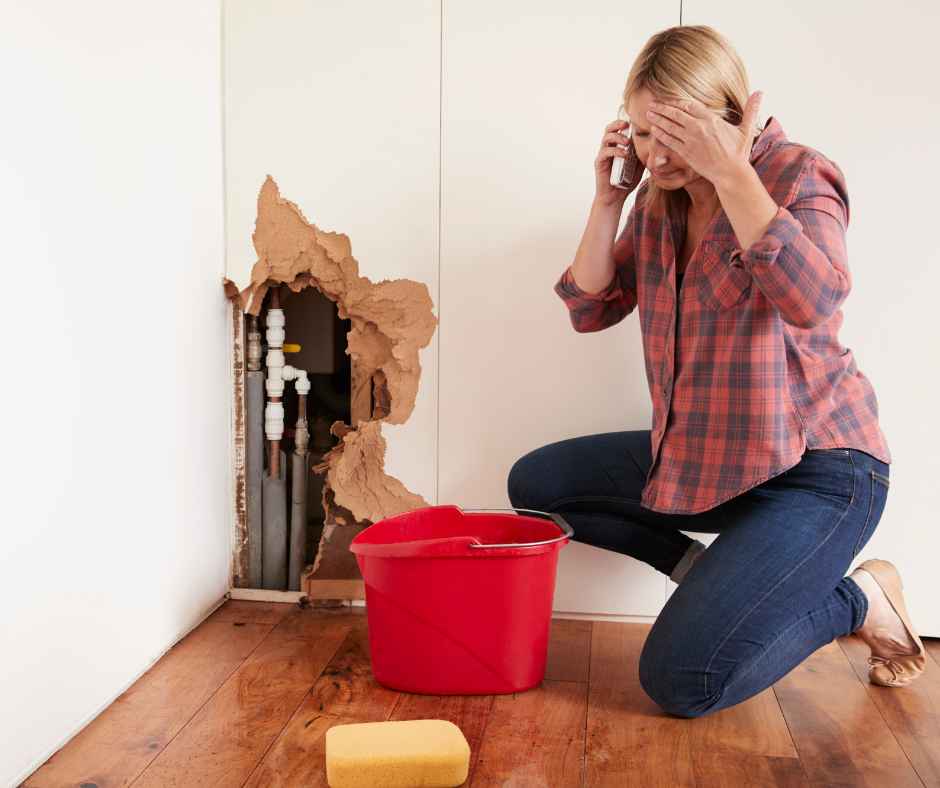
How to Prevent Burst Pipes in Older Renton Homes Without Full Repiping
September 15, 2025
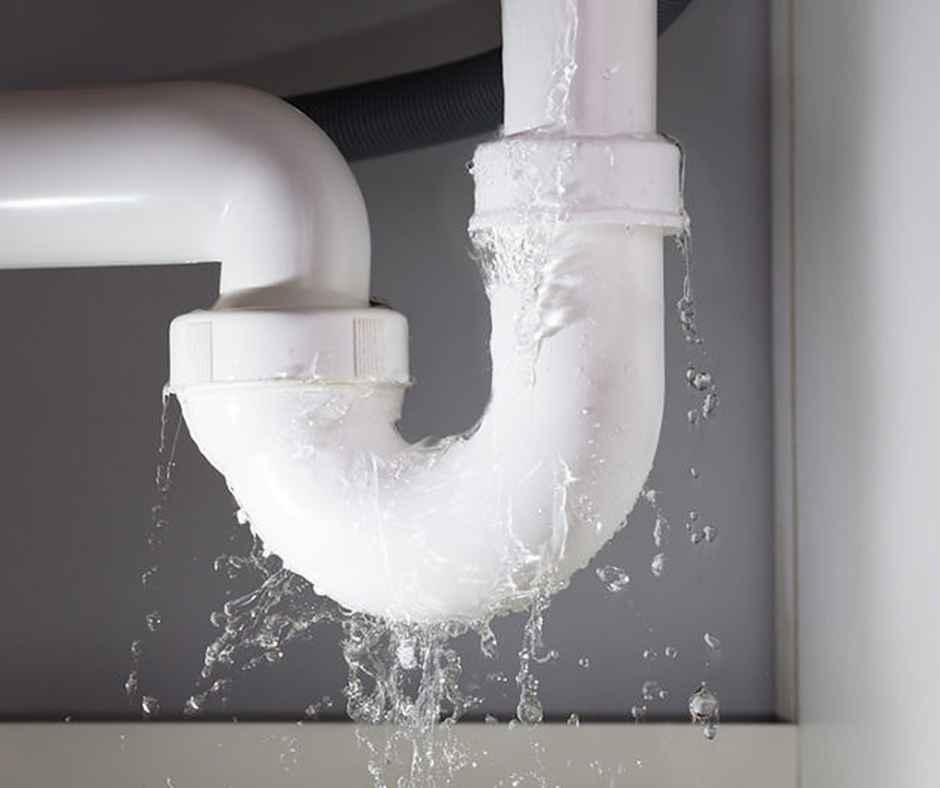
Emergency Plumbing Checklist: What to Do Before the Plumber Arrives
August 13, 2025
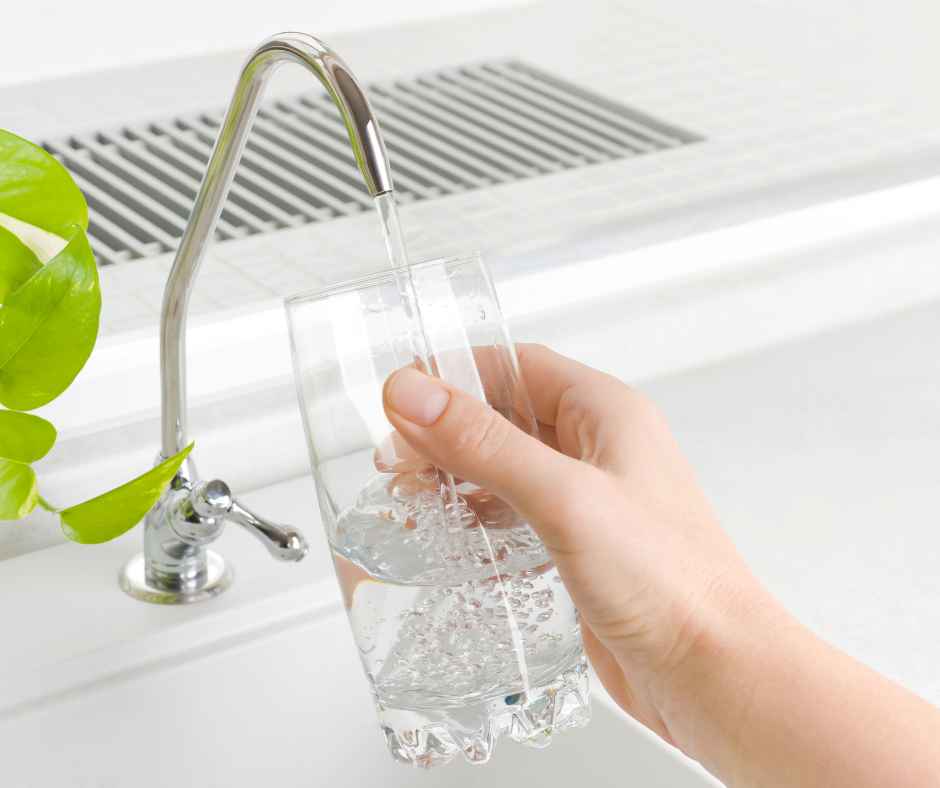
How to Pick the Right Water Filtration System for Renton’s Water Quality
July 17, 2025
